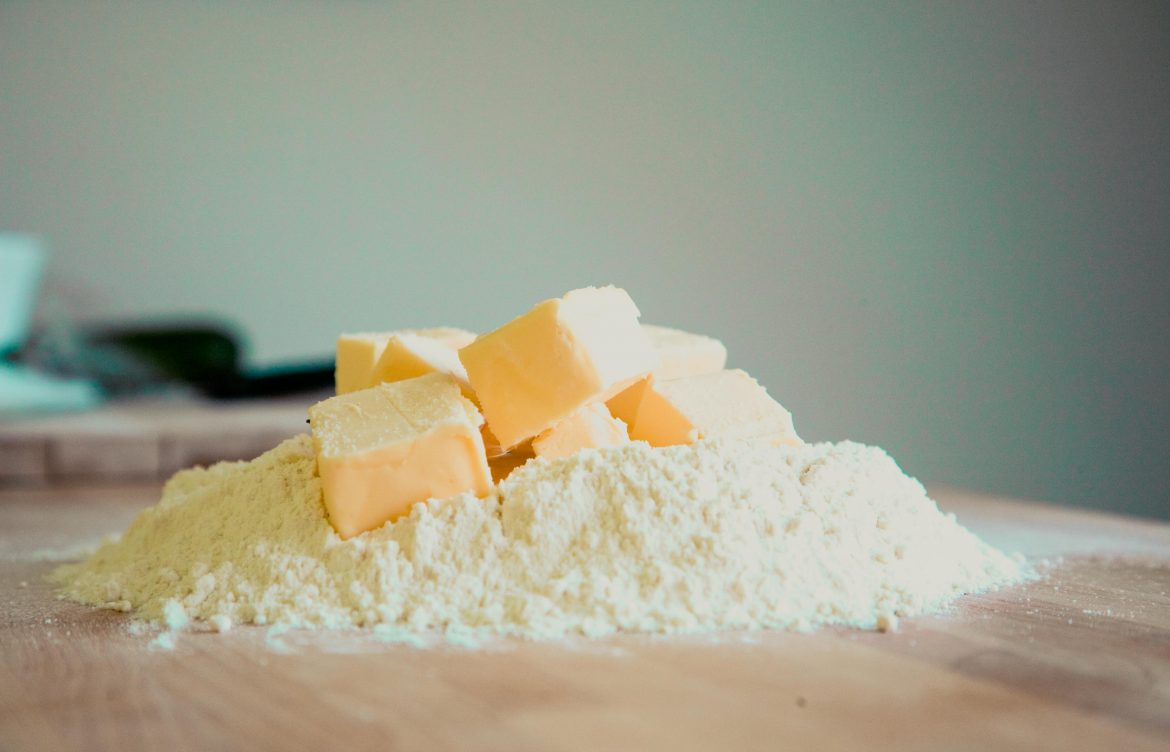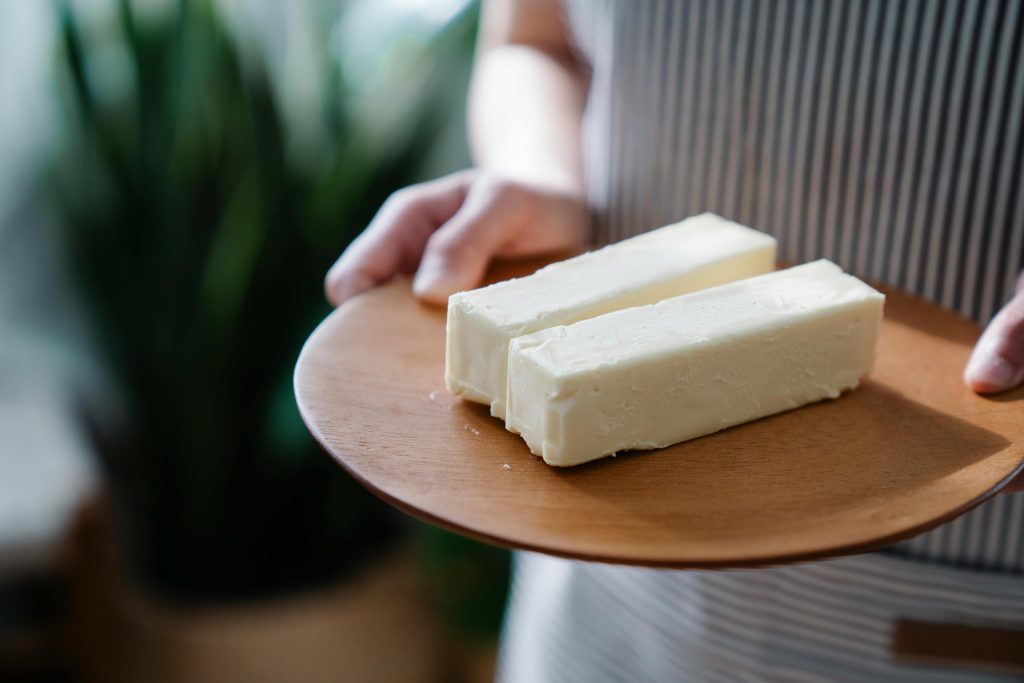
Nutritious Substitutes for Butter: Elevate Your Cooking with Healthier Options
Welcome back to our culinary corner, where today we dive into the world of butter substitutes. Whether you’re looking to cut back on saturated fats, accommodate dietary restrictions, or simply explore new flavors and textures in your cooking, we’ve got you covered.
Let’s explore some of the most nutritious and delicious alternatives to butter that you can incorporate into your diet.

Avocado: The Creamy Powerhouse
Avocado is a fantastic substitute for butter, especially in baking and spreading. Its creamy texture and mild flavor make it a versatile choice. Rich in monounsaturated fats, avocados are heart-healthy and packed with vitamins E, K, and C, as well as potassium. Use mashed avocado in a 1:1 ratio in your recipes for a delightful twist.
Tip: Try spreading mashed avocado on toast and topping it with a sprinkle of sea salt and a squeeze of lemon for a quick and nutritious breakfast.
Coconut Oil: The Tropical Twist
Coconut oil is a popular butter substitute, particularly in baking and sautéing. It adds a subtle tropical flavor to your dishes and is rich in medium-chain triglycerides (MCTs), which can boost your metabolism. While it does contain saturated fats, they are different from those found in animal products and may have various health benefits.
Tip: Use coconut oil in a 1:1 ratio when replacing butter in recipes. It works especially well in baked goods like cookies and cakes.
Greek Yogurt: The Protein-Packed Option
Greek yogurt is an excellent substitute for butter in baking, offering a creamy texture with the added benefit of protein and probiotics. It’s lower in fat and calories, making it a great choice for those looking to reduce their intake of saturated fats.
Tip: Substitute half the amount of butter with Greek yogurt in your recipes. For example, if a recipe calls for 1 cup of butter, use 1/2 cup of butter and 1/2 cup of Greek yogurt.
Olive Oil: The Mediterranean Marvel
Olive oil is a heart-healthy butter alternative perfect for cooking and baking. It’s rich in monounsaturated fats and antioxidants, which can help reduce inflammation and lower the risk of chronic diseases. The robust flavor of extra virgin olive oil can enhance both savory and sweet dishes.
Tip: Use 3/4 cup of olive oil for every cup of butter called for in a recipe. Olive oil works wonderfully in bread, muffins, and savory dishes.
Nut Butters: The Flavorful Boost
Almond, cashew, and peanut butters are great substitutes for butter in various recipes. These nut butters provide healthy fats, protein, and essential nutrients like magnesium and vitamin E. They add a rich, nutty flavor that can elevate both baked goods and savory dishes.
Tip: Use nut butters in a 1:1 ratio when replacing butter. They are especially good in cookies, brownies, and sauces.
Applesauce: The Sweet Alternative
Unsweetened applesauce is a fantastic low-fat substitute for butter in baking. It adds moisture and natural sweetness to your recipes while cutting down on calories and fat. Applesauce is high in fiber and can help keep your baked goods tender and moist.
Tip: Replace half or all of the butter with applesauce in a 1:1 ratio. This works particularly well in cakes, muffins, and quick breads.
Banana: The Natural Sweetener
Mashed banana is another excellent butter substitute, adding sweetness and moisture to baked goods. It’s a great source of potassium, vitamins, and fiber, making it a nutritious choice. The distinct flavor of banana pairs well with a variety of desserts.
Tip: Substitute butter with mashed banana in a 1:1 ratio. It’s ideal for recipes like banana bread, muffins, and pancakes.
Last Words..
Experimenting with these butter substitutes can open up a world of healthier and equally delicious cooking and baking possibilities. Each option brings its own unique flavor and nutritional benefits to your dishes, allowing you to tailor your meals to your health goals and taste preferences.
Happy cooking, and don’t forget to share your culinary adventures with us!